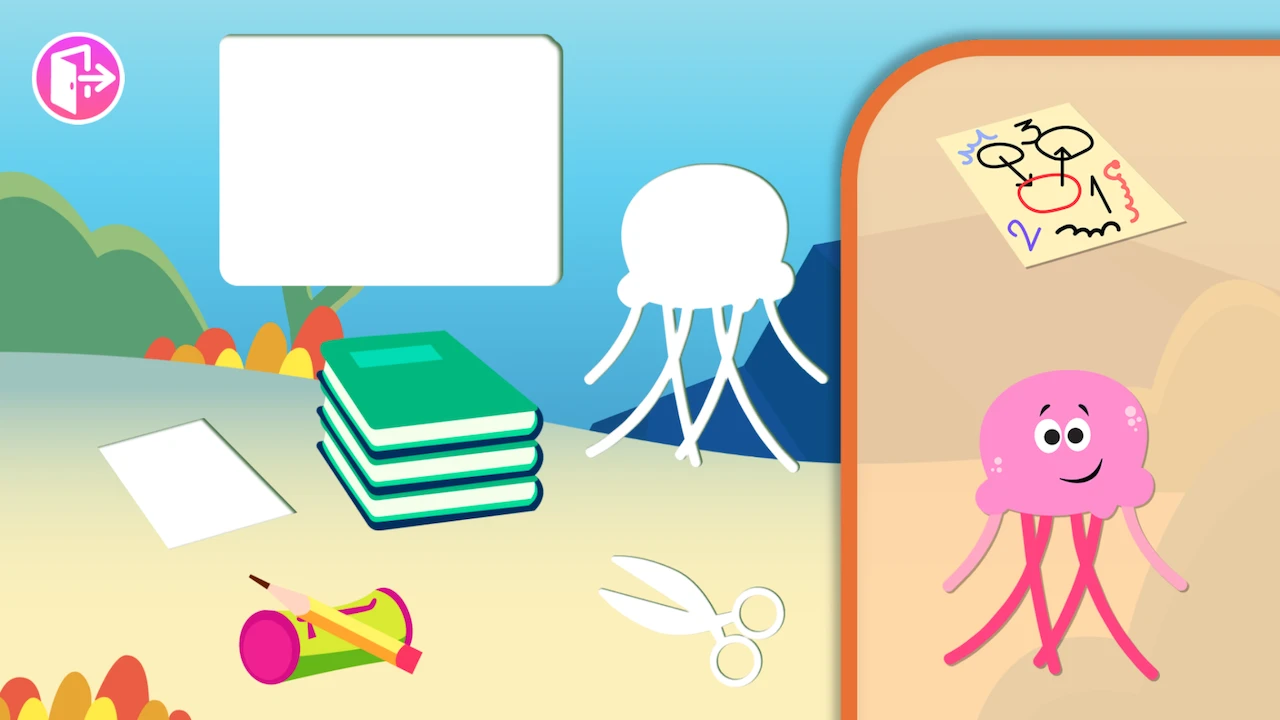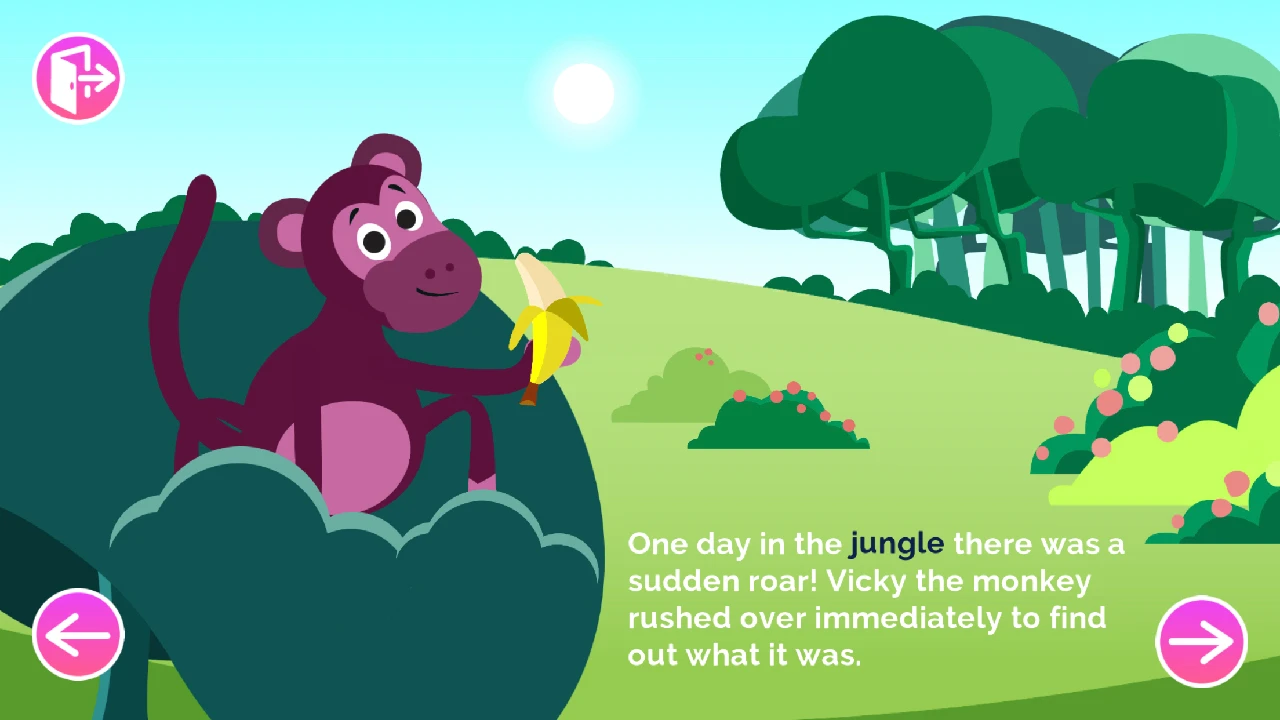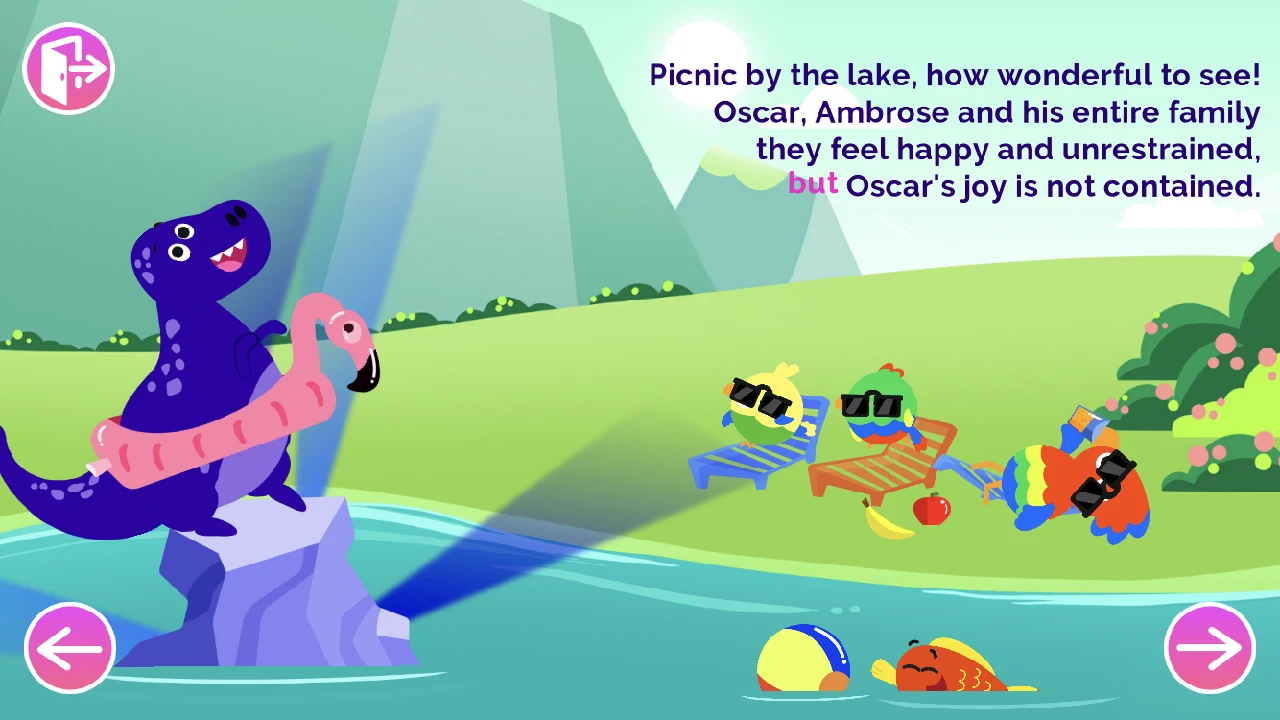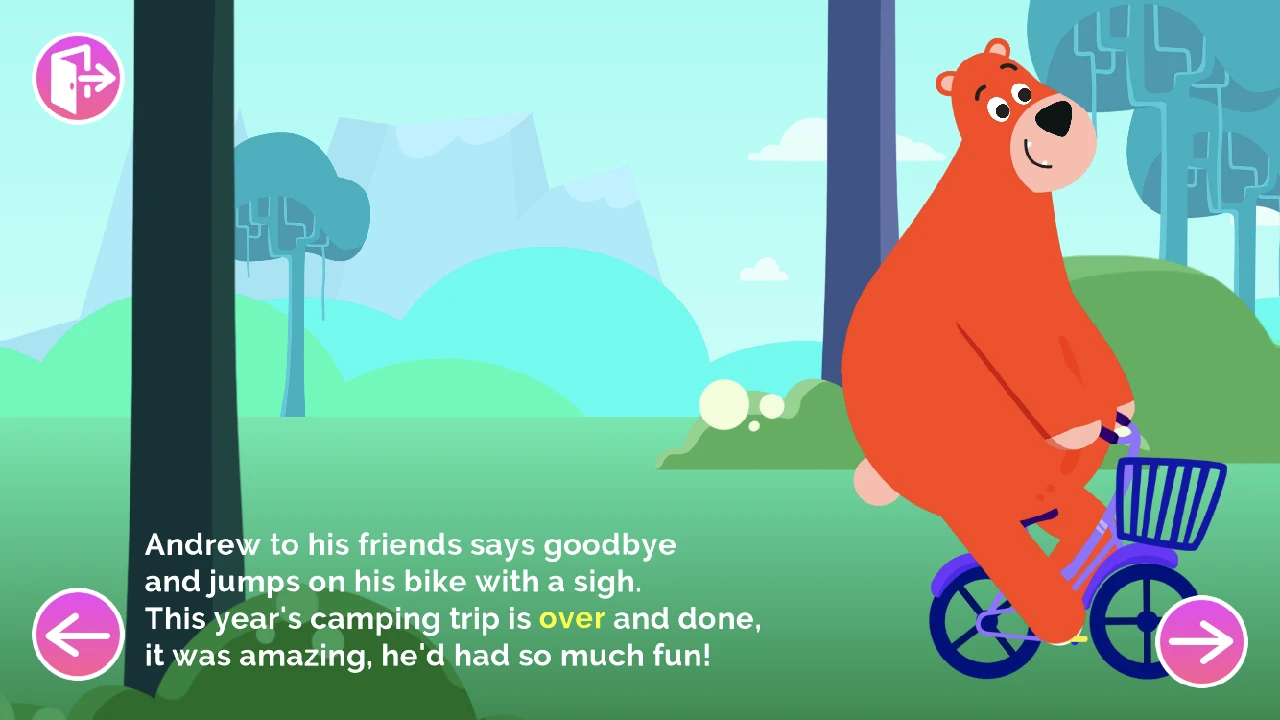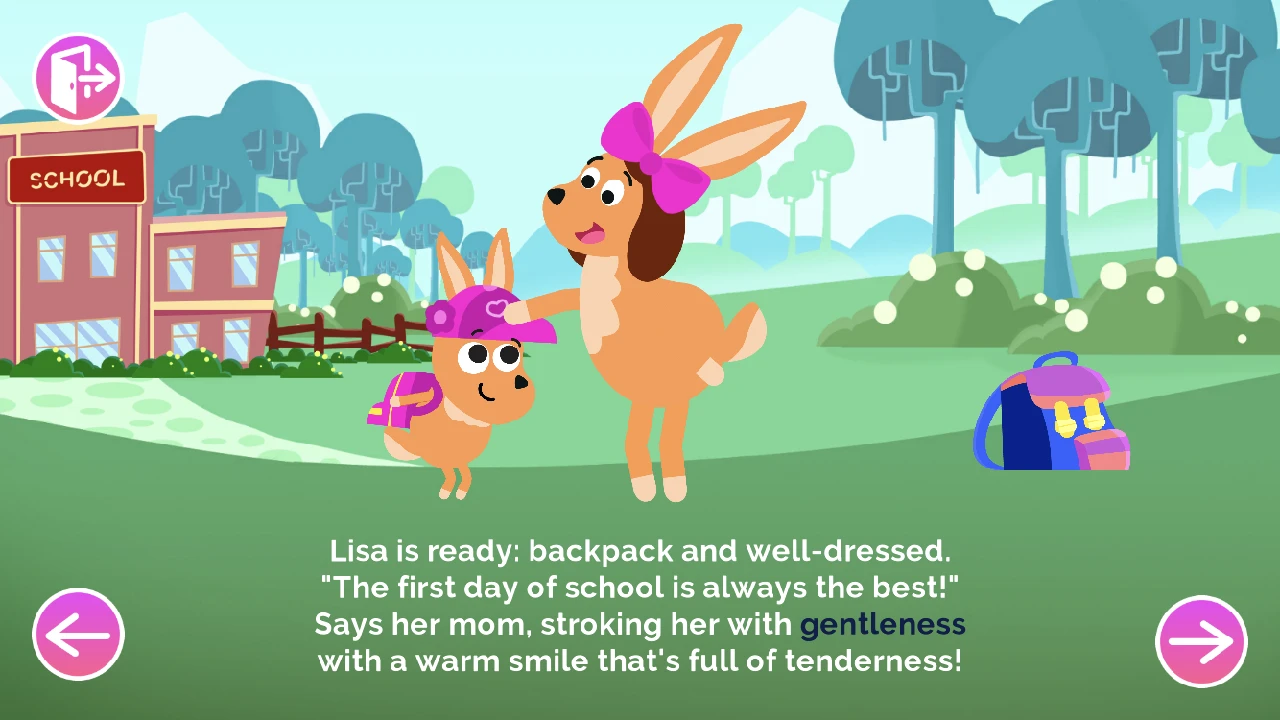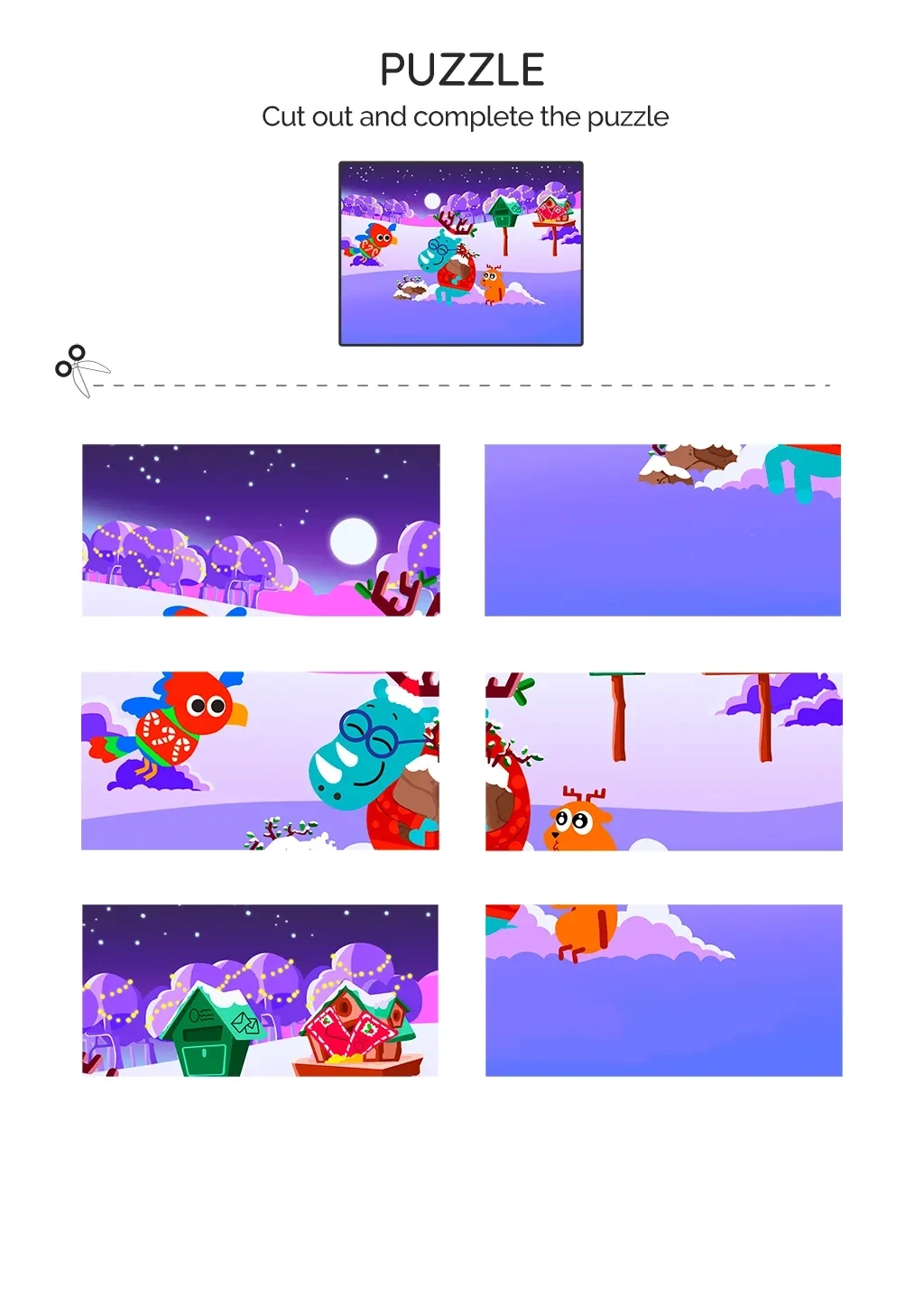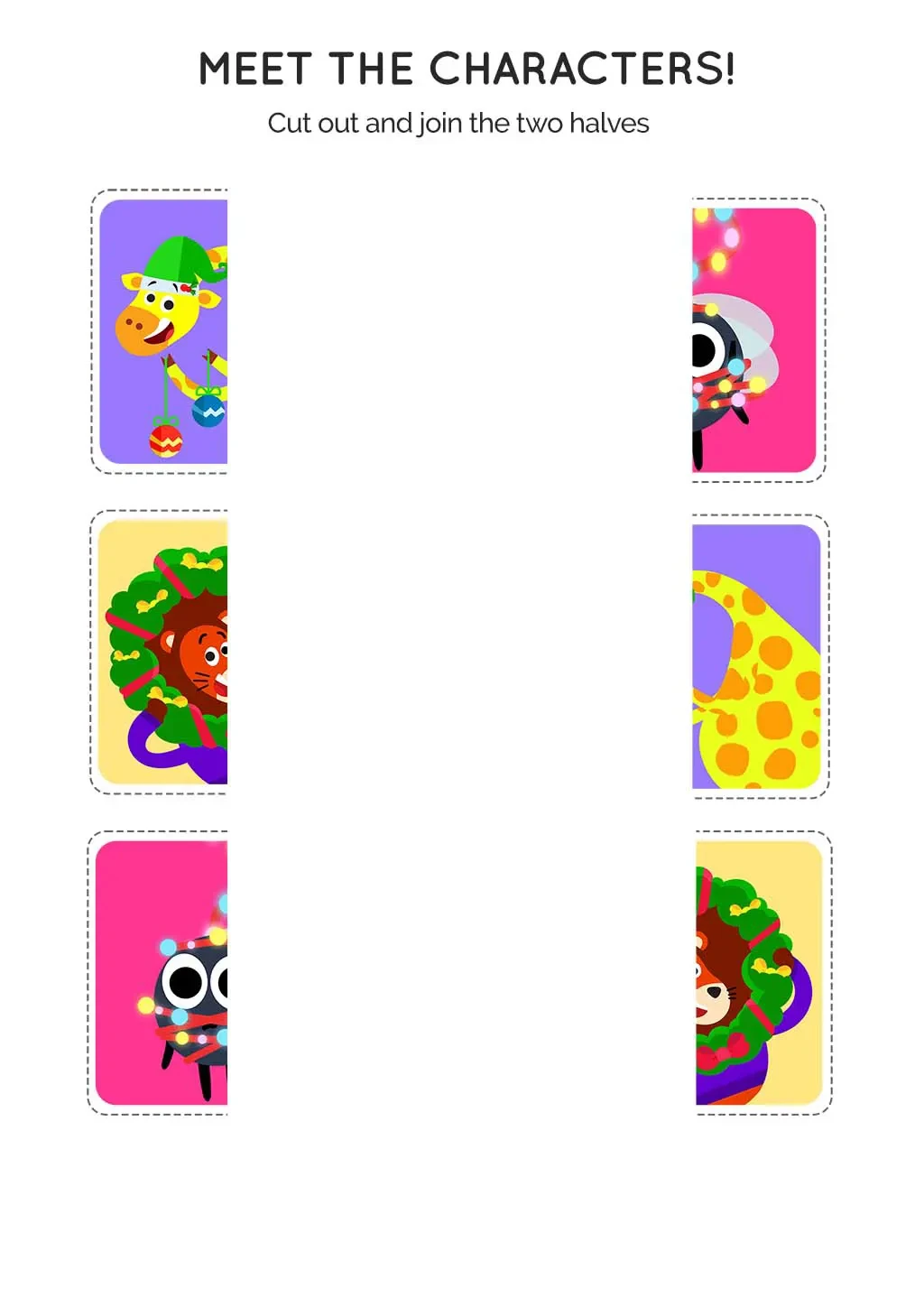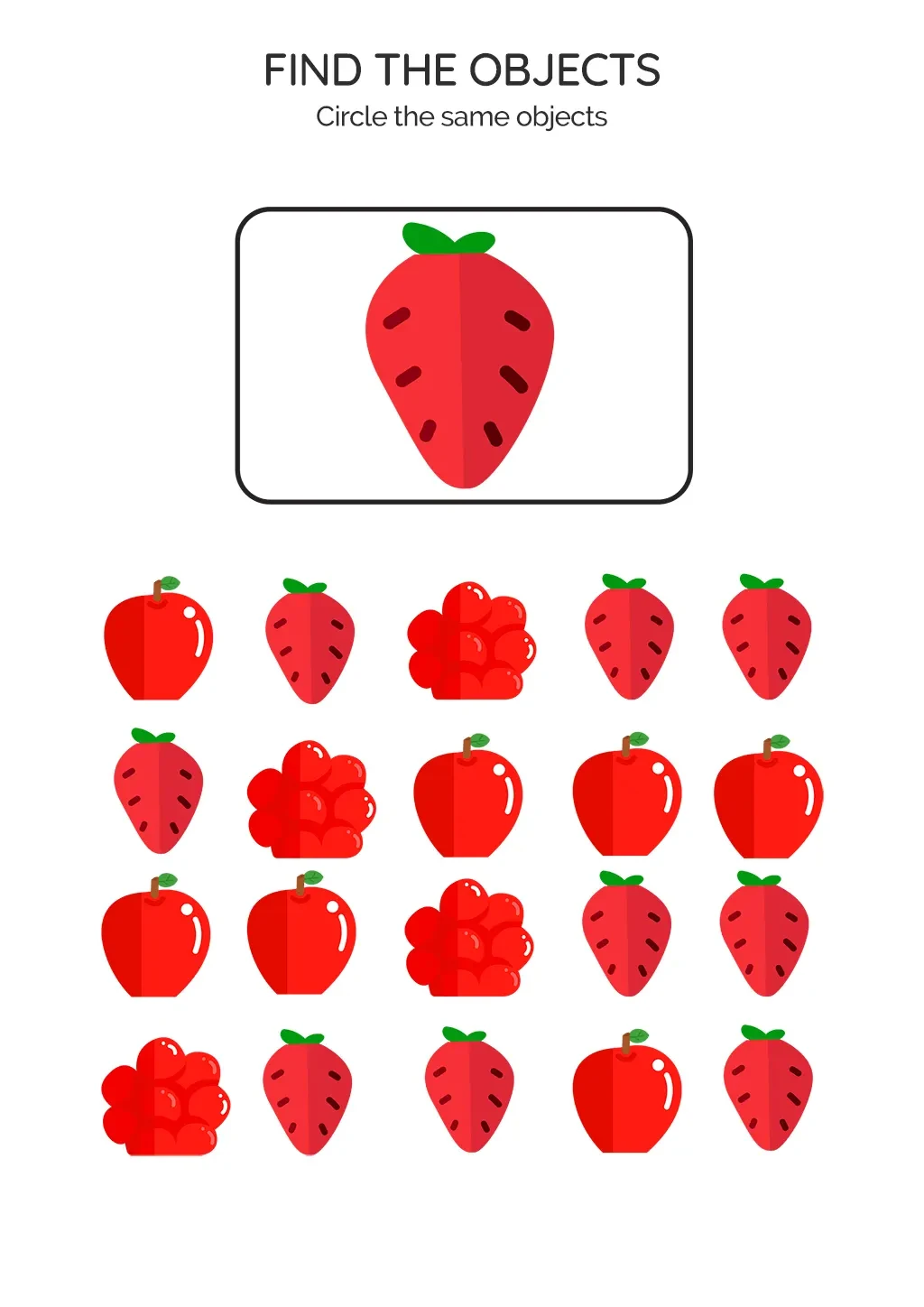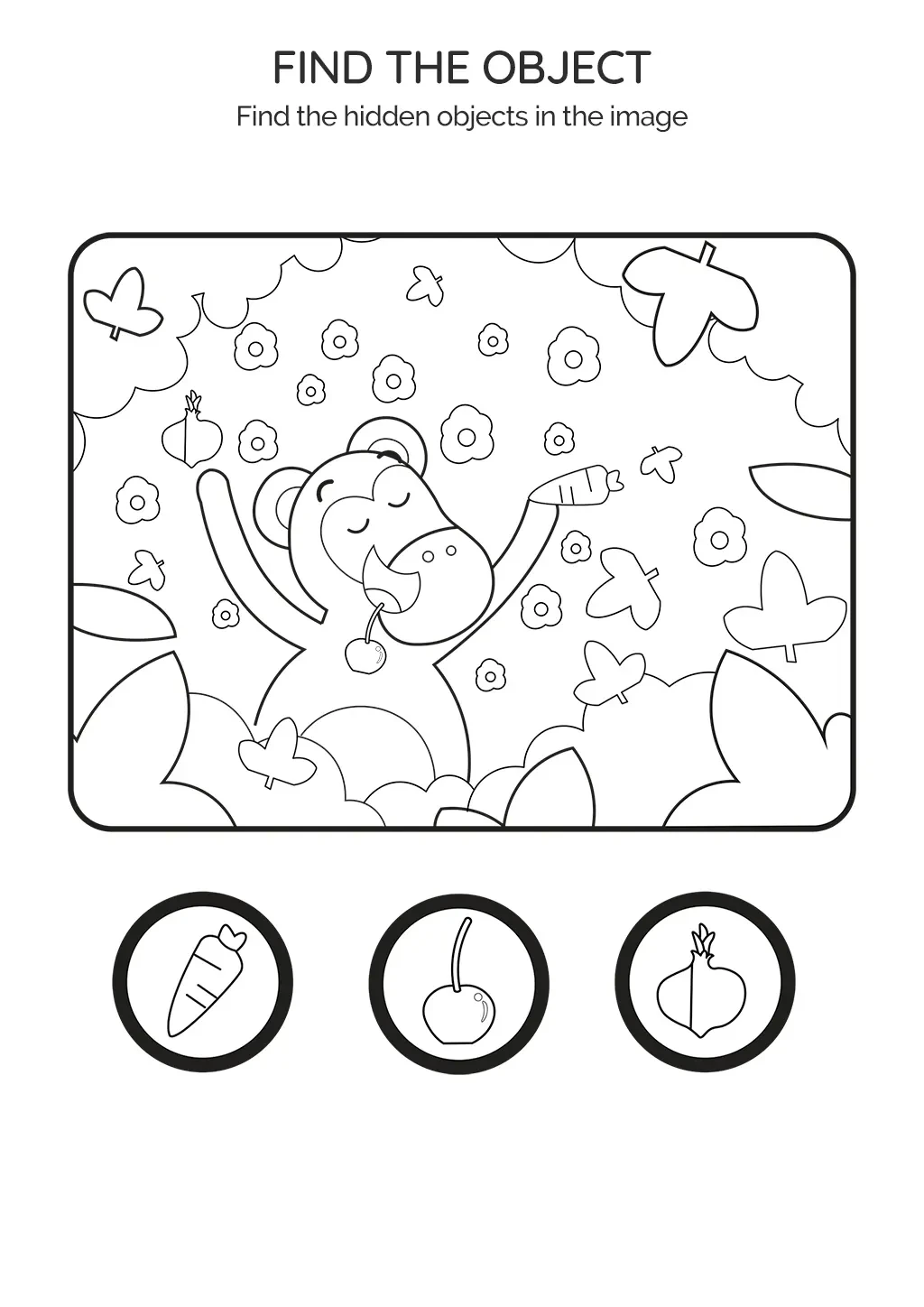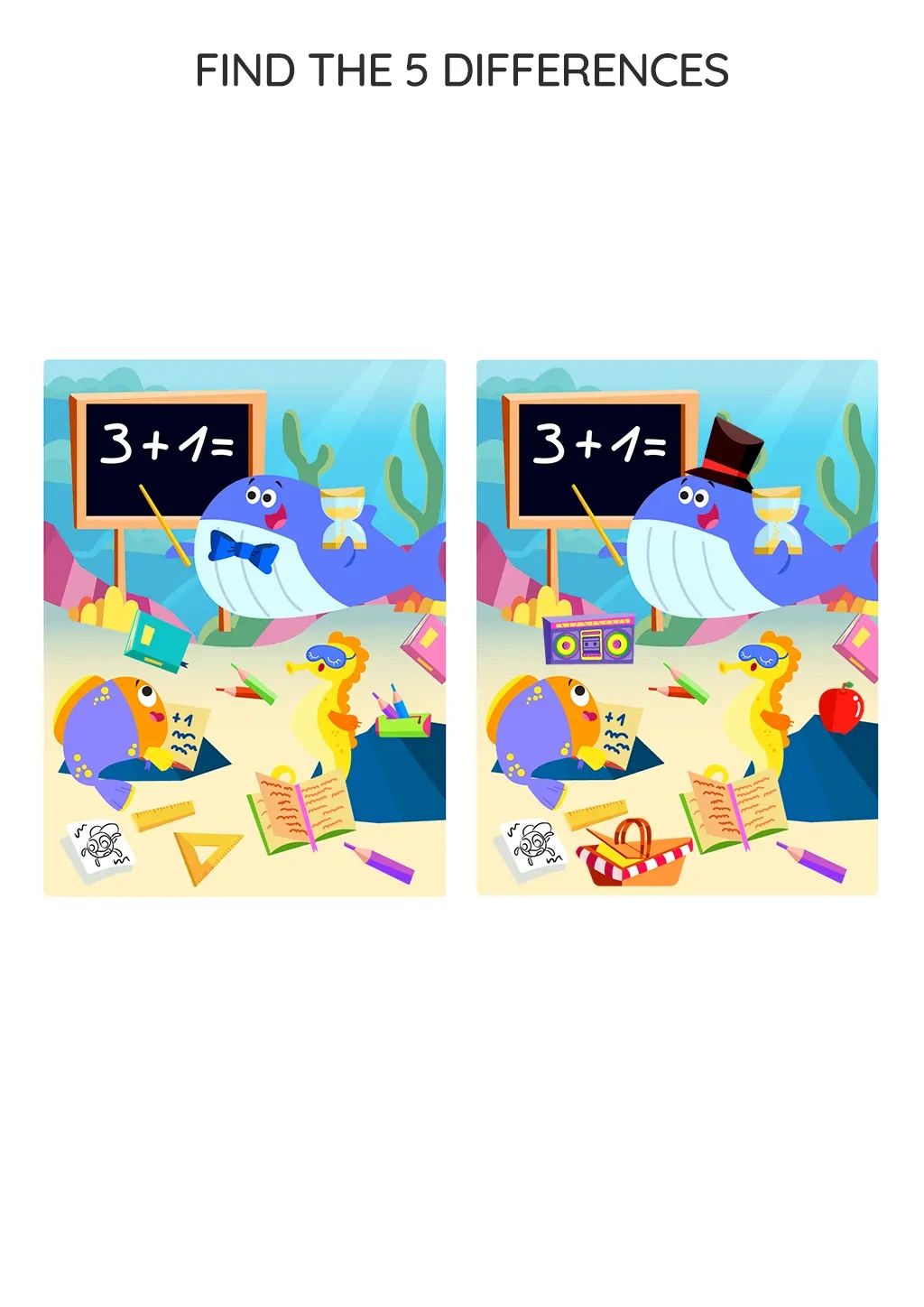Before children can begin to write letters and words, they first need to develop pre-writing skills. This crucial stage sets the groundwork for handwriting, providing the physical and cognitive foundations required for this complex task. Pre-writing skills encompass a variety of fine motor and cognitive capabilities, such as hand-eye coordination, pencil grip, line tracing, and understanding directionality. Nurturing these skills during the preschool years can set children on the path to confident, efficient, and legible handwriting. This article will delve deeper into the importance of pre-writing skills and suggest practical ways to cultivate these abilities in children aged 3 to 6.
Pre-writing skills are the fundamental capabilities that precede the ability to write. They include motor skills, like holding a pencil correctly and making controlled lines and shapes, as well as cognitive skills, such as understanding that writing follows specific patterns (left to right, top to bottom in English) and recognizing common shapes in letters. Acquiring these skills helps children understand the basic principles of writing, paving the way for future literacy development. More than just a preparatory stage, pre-writing skills play a pivotal role in a child’s cognitive and motor development, and their overall readiness for school.
Strengthening pre-writing skills needn’t be a dry or tedious task. Here are five engaging activities to boost these crucial skills in children aged 3 to 6:
Building pre-writing skills during the preschool years not only prepares children for handwriting but also fosters fine motor development, cognitive skills, and early literacy abilities. With the above activities, you can make this learning journey a fun and engaging experience for your little one.
Developing strong writing skills is a crucial part of a child’s education, and it begins with cultivating a passion for writing. Encouraging children to express their thoughts and ideas through writing helps foster creativity, critical thinking, and effective communication. Smart Tales offers a variety of resources to inspire and guide young writers on their journey, including interactive stories, engaging games, and educational worksheets. By incorporating these resources into their learning routine, parents and educators can nurture a love for writing and empower children to become confident and skilled writers.
Immerse your child in the enchanting world of Smart Tales stories, where they can embark on exciting adventures. Through captivating narratives and relatable characters, these stories inspire young minds to explore their imagination and discover the joy of storytelling.
The Smart Tales platform features a collection of engaging word games that make learning to write a playful experience. Children can participate in word-building challenges, letter recognition activities, and other games, all designed to enhance their writing skills while having fun. These games provide a supportive environment for children to practice and reinforce their understanding of letters, words, and sentence structure.
Enhance your child’s writing skills with the educational worksheets available on Smart Tales. These carefully crafted worksheets provide guided practice in handwriting, sentence formation, and creative writing. By offering structured exercises and prompts, these worksheets help children develop the necessary skills and confidence to express themselves through writing.
Building strong writing skills is an essential component of a child’s education. By incorporating the resources available on the Smart Tales platform, parents and educators can create an engaging and supportive environment for children to explore and develop their writing abilities. Whether through immersive stories, interactive games, or educational worksheets, Smart Tales provides the tools and inspiration to unlock a child’s potential as a skilled and passionate writer. Encourage your child to embark on a writing adventure and watch as their creativity and confidence soar.






